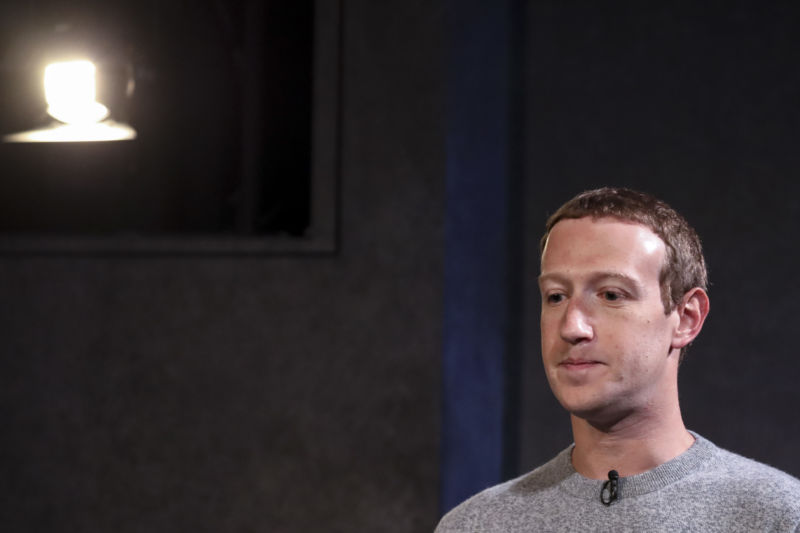
Facebook CEO Mark Zuckerberg said the company will change the way it handles rule-breaking speech from high-profile politicians in the future amid an advertising boycott that has drawn participation from large firms across several sectors.
Several nonprofits, including the Anti-Defamation League, the NAACP, and Color of Change, launched the Stop Hate for Profit campaign about two weeks ago. The boycott accuses Facebook of a "long history of allowing racist, violent, and verifiably false content to run rampant on its platform" and asks advertisers to "show they will not support a company that puts profit over safety."
The boycott drew early support from outdoor apparel retailers Patagonia, The North Face, and REI. By Friday, the movement seemed to hit critical mass as food and personal care behemoth Unilever said it would suspend US ad campaigns on both Facebook and Twitter for the rest of the year. Telecom giant Verizon also said Friday it would suspend Facebook advertising for the time being.
The additions to the pile have come swiftly in the days since, especially from the food and beverage sector. Coca-Cola, Hershey, PepsiCo, Starbucks, and Denny's have agreed to pause advertising either on Facebook properties or all social media outright for at least 30 days, as have Levi's, Eileen Fisher, Honda, and liquor producer Diageo. All told, more than 160 entities have signed on to the boycott, and the organizers have now started pressuring advertisers to suspend their ad spending outside of the US as well.
Are the times a-changin'?
Zuckerberg on Friday said that his company will make a small shift in the way it handles rule-breaking posts from politicians.
"A handful of times a year, we leave up content that would otherwise violate our policies if the public interest value outweighs the risk of harm," Zuckerberg said in a Facebook Live video and accompanying post, repeating his usual argument that everyone should be able to read whatever a politician chooses to say on the platform.
But it seems that extreme leeway given to newsworthy figures has finally found its limit, and Facebook will start letting people know when content breaks the rules:
We will soon start labeling some of the content we leave up because it is deemed newsworthy, so people can know when this is the case. We'll allow people to share this content to condemn it, just like we do with other problematic content, because this is an important part of how we discuss what's acceptable in our society—but we'll add a prompt to tell people that the content they're sharing may violate our policies.
Zuckerberg did not give a timeline for when this feature might be added to the platform.
Civil rights advocacy groups have been pressuring Facebook to change its policies and actions for several years, but the matter seems finally to have come to a head during the widespread protest movement sweeping the nation since the footage of Minnesota man George Floyd's death at the hands of police went public in late May.
As protests spread, Twitter began labeling tweets by President Donald Trump and the White House that called for violence against protesters in violation of the platform's social media policies. Those Tweets remained visible due to a newsworthiness exception in the rules, with a warning on them saying, "This Tweet violated the Twitter Rules about glorifying violence. However, Twitter has determined that it may be in the public’s interest for the Tweet to remain accessible."
The president made an identical post on Facebook, but that platform refused to take any action, leading to sustained public outcry not only from civil rights advocates but also from company employees.
reader comments
230